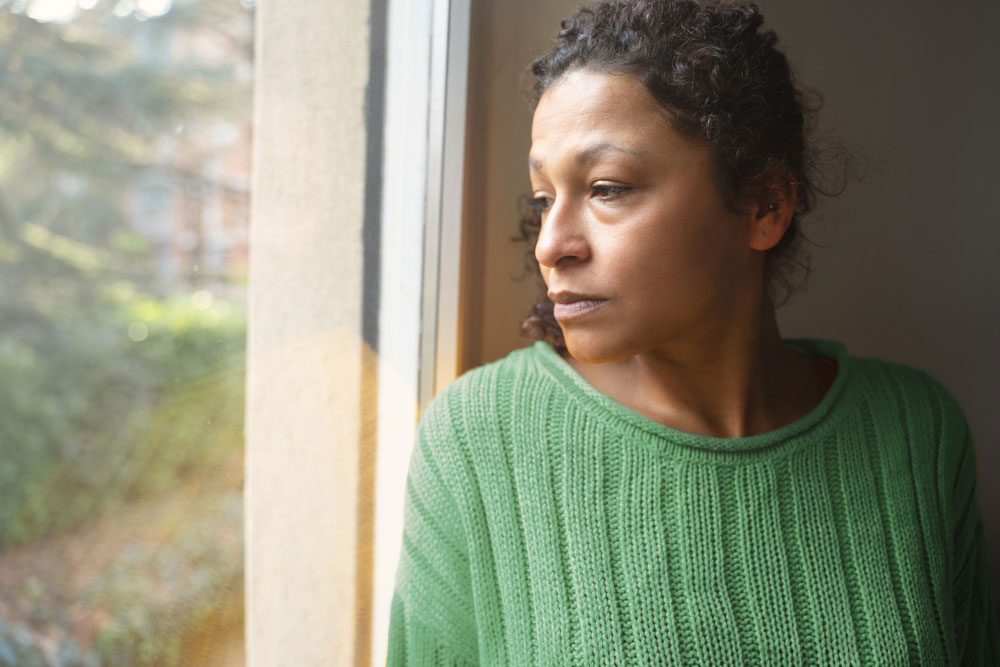Though many people view marijuana as a harmless recreational substance, this drug’s psychoactive component has complex effects that can vary significantly. For women, the implications of marijuana use are particularly nuanced, involving definitive risks and challenges.
Physiological Risk Factors Specific to Women
Research indicates marijuana can affect women differently than men due to various biological factors.
- Hormonal fluctuations: Women experience more hormonal fluctuations than men due to menstrual cycles, pregnancy and menopause. THC from marijuana can affect the levels and activity of estrogen and progesterone. This interaction can potentially influence the efficacy of hormonal birth control and may exacerbate symptoms of hormonal imbalance.
- Increased tolerance: Studies suggest women may develop a tolerance to marijuana more quickly than men. This phenomenon, called “telescoping,” can lead to increased consumption and a higher risk of developing marijuana use disorder.
- Mental health: Women are statistically more likely to live with challenges like depression and anxiety. Heavy, habitual marijuana use can sometimes exacerbate these conditions, leading to a detrimental cycle of increased dependency and worsening mental health.
Marijuana Use Disorder and Societal Prejudices
Contrary to popular belief, marijuana can cause some people to become dependent on it – especially women, who tend to develop a tolerance so quickly. People with marijuana use disorder feel they need to use cannabis to avoid withdrawal symptoms, which generally include irritability, sleep difficulties, cravings, and restlessness.
Women who use marijuana for recreational or medicinal reasons may encounter additional layers of societal stigma. These cultural attitudes can significantly impact your willingness and ability to seek help for substance-related issues.
- Double standards: People often judge women who use drugs more harshly, especially if they are mothers. Women can earn notoriety for being irresponsible, unfit parents, whereas men might not face such severe judgments.
- Impact on professional life: If you have a white-collar job, you may fear the repercussions of your colleagues discovering your marijuana habits. Concerns about your workplace reputation and ability to advance in your career may deter you from seeking help.
- Limited resources: The stigma and relative lack of research associated with women’s unique patterns of drug use can make it harder for you to access a women’s-only treatment program. Outdated therapeutic approaches may not account for the gender-specific needs and challenges women face in recovery.
Seeking Help and Overcoming Barriers
Addressing cannabis use as a woman requires understanding and mitigating these precise challenges. Here’s a brief look at the strategies The Pearl uses for helping our clients recover from a marijuana use disorder.
- Emotional resilience: Emotional wellness is foundational to long-term sobriety, giving you a healthy outlet for dealing with triggers and cravings without resorting to substance use.
- Family counseling: Our family program will bring your loved ones into the healing process, providing them with the support, understanding, and tools needed for collective healing and empowerment.
- Peer support: Our gender-specific environment provides a safe space to address the physical and psychological effects of marijuana use alongside the untreated trauma and societal pressures that compound these challenges.
- Advocacy and honesty: Advocating for a more nuanced view of drug use among women and encouraging open conversations reduces stigma. This approach promotes a judgment-free environment where you can share your challenges and find a sisterhood in recovery.
Substance Use and Trauma Treatment for Women
Marijuana’s effects on women are complex, influenced by biological, psychological, and social factors. Understanding these variables is crucial for addressing the multifaceted challenges that can arise with long-term cannabis use.
The Pearl’s women’s-only program in beautiful Pensacola, Florida, is here to help you overcome the physiological, psychological, and social impacts of marijuana. Connect with us today to experience our powerful platform for sustained sobriety.




